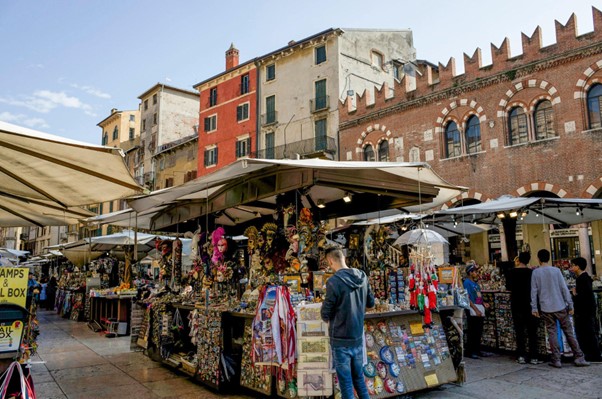A New Angle on Travel
Annual leave always seems to fly by, doesn’t it? Before we know it, we’re racing from landmark to landmark, ticking off must-see spots as if they were items on a shopping list. But what if travel could be different and better? It’s called slow travel, and it’s less about lavish resorts and more about rediscovering the true luxury of time, digging deeper, and making genuine connections. In this article, we’ll show you how choosing a slower pace can turn any holiday, overseas or here at home, into your most unforgettable adventure yet.
The “Fast Travel” Fatigue: Why We Need a Shift
We’ve all been there: racing through an overseas whirlwind, like those organized tours that drag you through Paris in a day, leaving no time to linger in a bakery or enjoy a quiet coffee. Sometimes after these trips, you come home needing another break. You land back home, probably more tired than when you left, with a camera roll full of pics, but a nagging feeling that you didn’t really get to know the place. That’s the fast-travel fatigue setting in.
It’s easy to fall into the trap of trying to see “everything,” but in doing so, we often miss the genuine pulse of a destination: those spontaneous chats with locals, the discovery of a hidden laneway café, or the chance to simply soak up a place’s atmosphere at our own pace.
The Essence of Slow Travel: What It Truly Means
So, what exactly is slow travel? It’s more than simply taking a slower train or walking a lot. Think of it as a philosophy for how you approach your time away: being intentional, seeking genuine connections, and truly experiencing a place like a local.
This might mean chatting with nonne making orecchiette in a Bari laneway, or finding that hidden local market. It’s about creating space for spontaneous adventures, supporting small businesses, and fostering real connections. This opens you up to unexpected encounters and a richer, more meaningful understanding of the culture around you.

The Unveiling of Luxury: Benefits for Your Next Trip
Embracing slow travel can transform your holiday from a stressful whirlwind into a rewarding experience. Staying longer allows you to engage deeply with its culture and people. With less rushing around, you return home refreshed, not exhausted.
There are practical perks, too. Longer stays often mean better deals on accommodation, and living like a local helps you avoid pricey tourist traps too. And when you’re looking to settle in for a while, securing a comfortable base is key: perhaps a charming English cottage or a traditional Hungarian parasztház. That’s where options like holiday rentals shine. You can easily compare holiday rentals in Australia on cozycozy to find a home away from home that suits your style and budget.
Practical Tips for Embracing Slow Travel in Australia
Ready to give slow travel a go? Wherever you are, there are ample opportunities to really take your time and explore.
Pick somewhere to stay for a while so you feel more like a local. Don’t plan out every minute. Leave room to discover new things and follow tips from people who live there.
If you can, walk, cycle, or use public transport instead of driving everywhere. You’ll notice more and feel part of the place. Talk to locals, visit their shops, and check out regional markets. Buying local food and crafts is good for the community and gives you a real feel for the area, helping you avoid big franchises and supporting locals..
The True Luxury of Travel
So that’s what slow travel is all about. It’s not just a trend, it’s a different way to travel. Instead of rushing from place to place, you slow down and really get to know where you are.
Next time you plan a trip, try choosing a few special experiences over trying to do it all. The best memories don’t come from seeing the most places, but from truly enjoying the ones you visit. Taking your time makes travel more meaningful and memorable.
Partner Content
The above article is paid content, and any information presented should be independently verified before making any decisions as a result of the content. This article does not constitute advice of any kind, nor does it represent the opinions of the website publisher.

